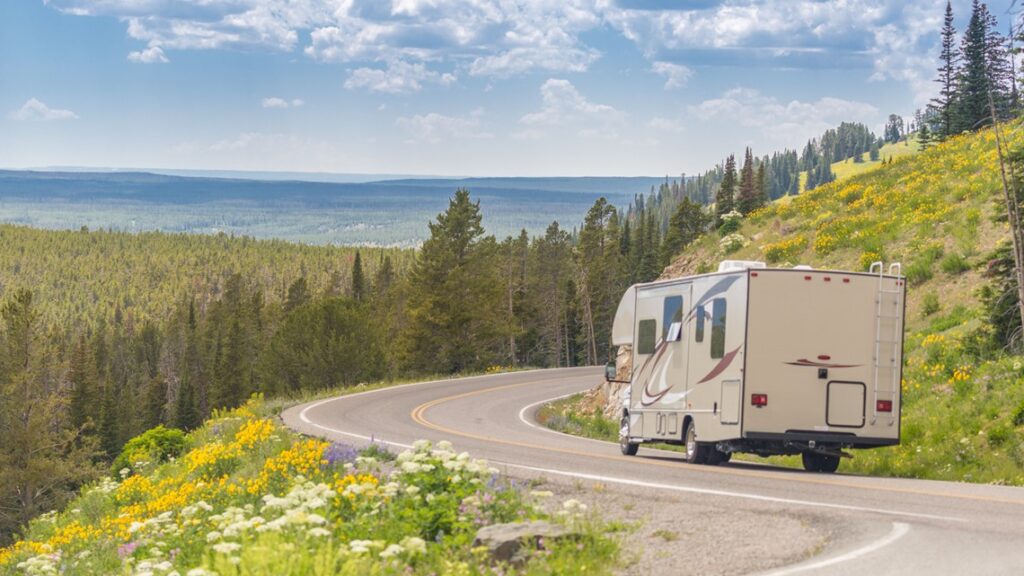Ips beetles in North Carolina are damaging pine trees, with infestations often fatal within weeks.
CHARLOTTE, N.C. — A bug in North Carolina is causing some havoc to pine trees.
Many people are wondering if there is an uptick in the Ips bug and what it can do to your trees.
Three different species of pine engraver beetles are in the Ips family. They can do serious damage to trees.
OUR SOURCES:
WHAT WE FOUND:
North Carolina arborists are warning of an increase in pine engraver beetles that can kill trees within weeks, posing a growing threat to the state’s pine population.
Three different species of pine engraver beetles in the Ips family have been identified across the state, with experts noting a recent uptick in infestations.
“For pine trees in particular and some other species, but pines are the most susceptible, the male beetles will bore into these trees and engrave their way and attract females that lay their eggs,” Matt Betz said. “The engraving has the negative effect on the tree because it blocks the flow of nutrients and water.”
Betz, who has extensive experience dealing with infested trees in the Charlotte region, said the damage can be swift and devastating.
“It can kill them in a matter of weeks,” Betz said. “I have had to take down pine trees, that’s kind of the only move once they get infested.”
Brian Heath confirmed there is an uptick in Ips beetles across North Carolina. While not as destructive as the southern pine beetle, they still pose a significant threat to pine trees.
According to NC State Extension, these beetles typically prefer to breed in fallen trees and slash left behind by logging operations. However, they sometimes infest otherwise healthy trees, especially following periods of drought or after trees sustain injury.
Property owners should watch for warning signs of infestation, Betz advised.
“Clear signs are sawdust coming out of the tree or if it turns lime green, yellow, or brown,” he said.
Experts recommend calling an arborist immediately if these symptoms appear, as early intervention provides the best chance of saving nearby trees and preventing further spread.
Contact Meghan Bragg at [email protected] and follow her on Facebook, X and Instagram.


